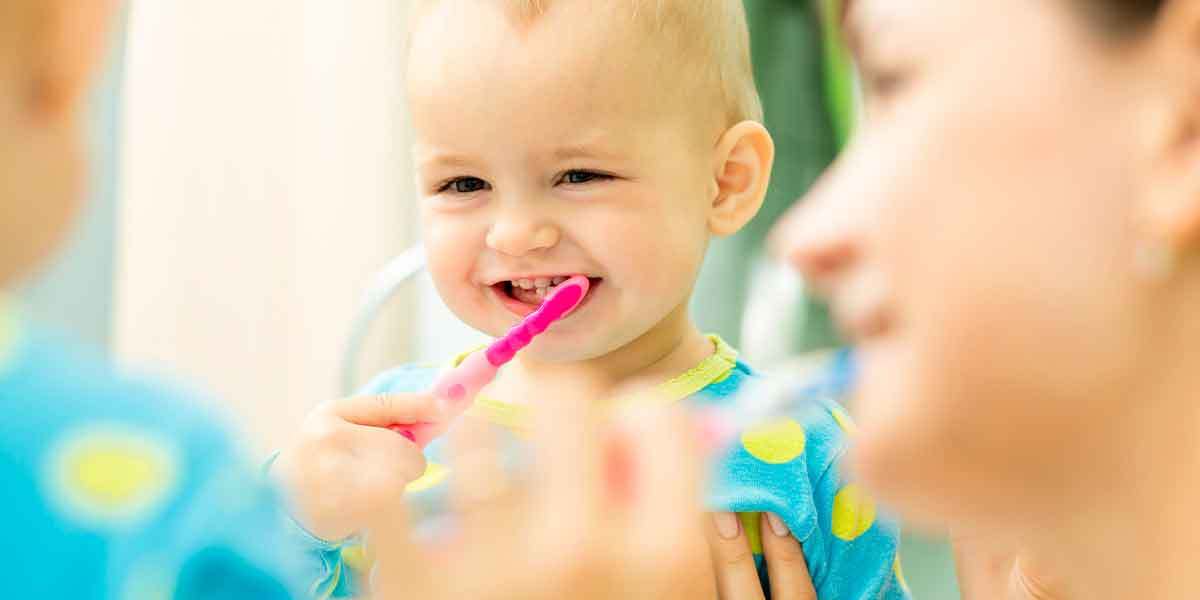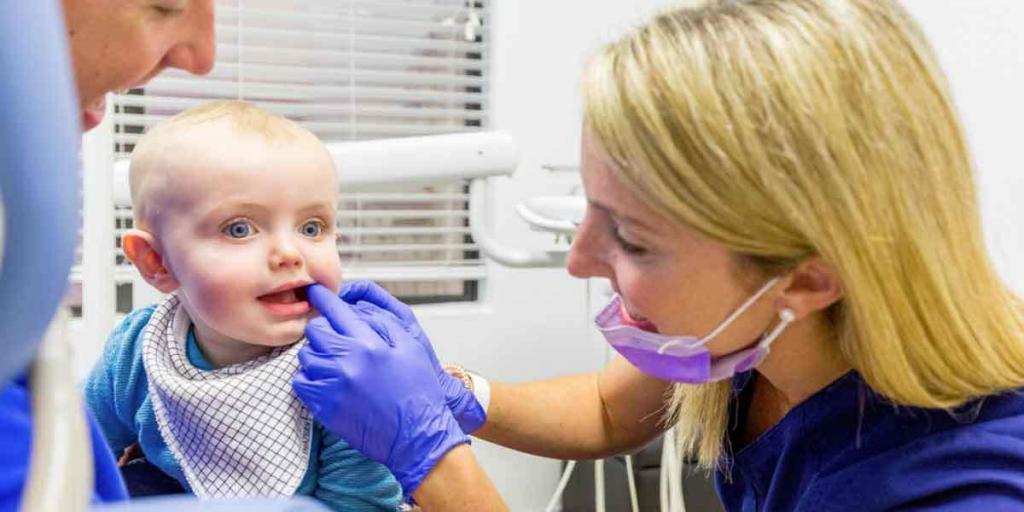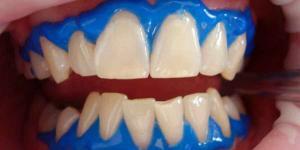First Dental Visit
Good habits are formed when we are young. That’s why it’s important that baby and infant dental care begin on your baby’s first birthday. Babies get their first teeth at different times – some babies only have one front tooth on their first birthday, while others have a mouthful. Generally, babies get their first tooth between 4 and 7 months of age so often around that time parent start thinking about their kid first dental visit. That’s when the teething and crankiness gets turned up in volume!
Actually, even before the first tooth erupts, it is important to clean your baby’s gums with a soft cloth. Before and after eating and especially before bedtime are the most important times. Breastfeeding and formula can both lead to tooth decay …and that’s before you introduce baby food!

Eco Dental NY
The Discomfort of Teething – First Dental Visit
Teething hurts. Therefore, it is no surprise that infants get cranky when their teeth start coming in. Baby teeth (also known as milk teeth or primary teeth) generally come in one at a time, starting with the lower front teeth and ending with the second molars thats when they have to go for their first dental visit. Most kids will have all 20 baby teeth by the time they are three, in time to start losing them at age 6.
Does teething cause symptoms? Experts disagree. Some doctors feel that it is just coincidental that teeth emerge at the same time as fussiness and fevers occur. For instance, T. Berry Brazelton feels these symptoms are due to an infection unrelated to teething, but that the stress associated with teething could make your child more vulnerable to infection right before a new tooth appears.
However, most parents report that infants experience fevers, loose stools, gum sensitivity, sleep problems and drooling right before that first tooth appears.
Teething infants like to chew on things – teething rings, cold washcloths, yogurt and applesauce may bring your infant some comfort. If the pain is causing excessive discomfort, you can give them a small dose of a pain reliever such as children’s acetaminophen. Whatever you do, don’t give your infant aspirin or even rub it on his gums. The use of aspirin in infants can lead to Reye’s syndrome, a rare but potentially life-threatening condition.
Thumb Sucking, Pacifiers and Your Child’s Oral Health
Actually, babies can start sucking on their fingers and thumbs while in the womb as a means to comfort themselves. Fortunately for their teeth, most toddlers give up this practice between 2 and 4 years of age. This is important, because whether your toddler sucks on his thumb or a pacifier, it can affect your toddler’s bite and cause the front teeth to protrude, as well as inhibit the growth of the bones and jaw that support the teeth.
As a pediatric dentist, I often have to sit down with children and their parents to help explain to a child what can happen if he/she continues to suck his thumb. In extreme cases, I have had to insert a mouth appliance that interferes with the sucking habit.
When Should You Start Brushing Baby’s Teeth
Once that first tooth pops up, in addition to recording this milestone in their baby book, it’s time to buy their first toothbrush. The toothbrush should have an extremely soft head and brush
(Read more: Types of Toothbrush Bristles To Know for Better Dental Hygiene).
Start out with a minuscule amount of non-fluoridated toothpaste, and at around 2, switch to fluoridated toothpaste.
Chances are your child will not be responsible enough to start brushing on his/her own until they are around six-years-old or very mature. Make tooth brushing fun, so it does not become a battleground!
In my dental practice, I like to see infants at approximately starting after their first dental visit. Mostly, I like to get the kids used to the dentist’s chair, examine their teeth for early signs of tooth decay, and talk to the parents about what to expect in the future to prevent cavities. Between ages 4 and 6, you can usually expect the first set of X-rays to check for cavities lurking between the teeth.
First Dental Visit in Brooklyn
Preventative dentistry is the name of the game and begins shortly after the baby is born. It is important that good baby teeth fall out and lead to good permanent teeth, because they are going to have to last a long time, otherwise child might need a dental implants in the future!
At Eco Dental NY, we know that children can be very afraid of the dentist especially when it’s their first dental visit. We spend extra time with them, so it’s a comfortable and fun experience.



